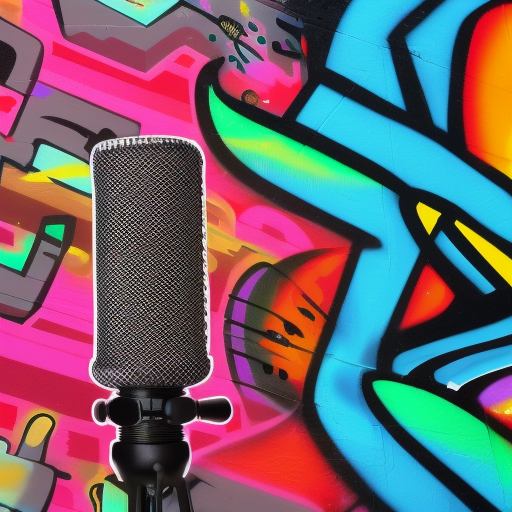AI and Music Therapy
Striking a Chord: Is AI orchestrating a new era in Music Therapy?

Exploring the impact of AI Adoption in Music Therapy: Does AI have a place in music therapy?
In today's rapidly evolving technological landscape, artificial intelligence (AI) is beginning to permeate various industries, including healthcare and therapeutic practices. As the field of AI in music therapy continues to gain momentum, it begs the question whether it has a place in music therapy settings.
Incorporating AI in Music Therapy: A Therapist's perspective
As a music therapist, I have been privileged to witness countless moments of transformation, connection, and healing. Recently, the introduction of artificial intelligence (AI) into my practice has added a new dimension to this process, fostering exciting developments in how my clients engage with music therapy.
Unleashing creativity with AI
AI's integration into music therapy has proven to be revolutionary for my clients. For some, it's as if they've found a new medium through which to express their thoughts and emotions, catalysing a surge of creativity and confidence.
Take, for instance, the process of songwriting. With the assistance of AI, some clients now have the opportunity to generate original songs and raps based on themes that resonate with them. AI provides the initial lyrics, acting as a springboard from which clients can dive into their own creative processes. The opportunity to modify and experiment with these words empowers clients to explore new avenues of expression, accelerating the progression of therapy sessions.
Emulating musical icons
What's more, AI allows my clients to tap into the musical styles of their favourite artists. They can explore and express themselves through the lens of a Jay-Z rap or a soulful Lady Gaga ballad, making their songwriting dreams a tangible reality.
Empowering through accessibility
The accessibility of AI also presents significant benefits. AI-powered apps and Plug-ins offer the capability to generate music or assist individuals in crafting their own melodies. This proves to be a powerful tool, particularly for clients who may be unable to attend in-person sessions. With AI, I can extend the reach of music therapy, providing therapeutic experiences wherever they may be.
Navigating ethical considerations
While AI brings a multitude of benefits, it also introduces new ethical considerations. It's vital to navigate these thoughtfully, ensuring that clients' data is protected and their autonomy is respected. As I continue to incorporate AI into my practice, these considerations remain a key priority.
AI: A tool, not a replacement
Despite its numerous advantages, AI is not a replacement for the core components of music therapy – the human connection, empathy, and intuitive understanding. It is a tool that, when used effectively, can greatly enhance therapeutic outcomes. As a music therapist, my role is to balance the potential benefits of AI with the necessary precautions, to provide the most beneficial and enriching experience for my clients.
Embracing AI in music therapy has undeniably enriched my practice. It's a thrilling new frontier that promises to bring fresh insights and breakthroughs for my clients, offering more potential for engagement, empowerment, and therapeutic transformation.




